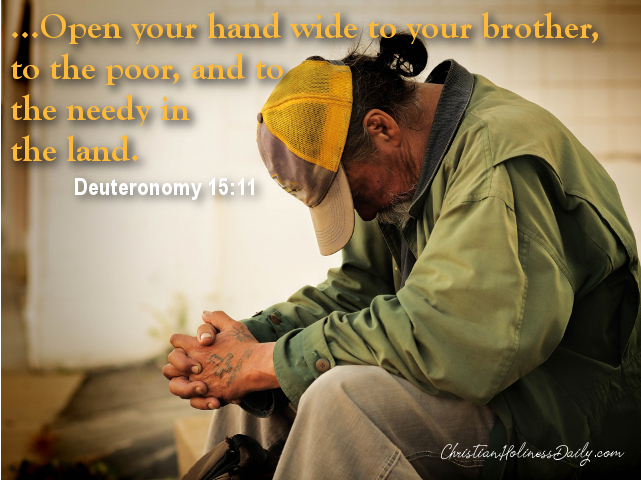
In just a couple of days, Jesus would be betrayed. He had been warning His closest disciples of His impending death, but it seems they did not – or did not want to – understand. Mary, sister of Martha and Lazarus, seemed to understand. She knew that if Jesus returned to Jerusalem, that He would be put to death. She also knew that He planned exactly that, to return to Jerusalem.
To honor Him, and to let Him know that she worshiped Him, she took a jar of pure nard – or spikenard – and anointed Him, first His head and then His feet, as was tradition.
What a waste. It would take most people a year’s wages to fill a jar that size with such an expensive perfume. Even if it was used for the benefit of one such as Jesus, it is a sin to waste it. It could have been sold and the money given to the poor. The disciples seemed to be in agreement on this matter.
Jesus, though, defended Mary. “Leave her alone,” He said. “She intended to save this for the day of my burial.”
Such a statement must have profoundly confused the disciples. Before they could ponder it, though, Jesus added a reference to the Law (Deuteronomy 15:11). “The poor, you will have always, but you will not always have me.”
There are many lessons to be found in this passage, but we will emphasize only two. First, Jesus knew that, because we are human and we comprise a physical body, intellect, and spirit (or – as I grew up hearing it: body, mind and soul), we must pay equal attention to our physical needs and our spiritual needs. There is, in other words, a time for worship and a time for ministry. There is a time to build our bodies, a time to build our minds, and a time to build our relationship with our Heavenly Father. This was Mary’s time to build her spirit through worship.
The second point is this: Jesus did not say, “The poor you will have always; there’s no fixing that problem, so instead of throwing money at it, we should instead build a cathedral that will outshine the ones that John the Baptist’s followers built out on the highway.” No, this passage is not an excuse to take money from the ministry column of the budget ministry and move it into the building fund (or elsewhere). Quite the opposite. The words of Jesus hearken back to a passage that commands the nation of Israel to take care of the poor and destitute in their nation. Because there are poor and will always be poor people in the land, we need to plan for them, to minister to them, to teach them, and love them, and help them as a part of an ongoing process. Ministering to the poor should be a part of our church budget.
Does ministering to the poor make one holy? No, but those who attempt to be holy as God is holy will help the poor.
Side Note: Perfume such as that which was made from the root of nard was used in many ways
in Jewish Antiquity. It was used in the making of incense Anointing oil was used for three main purposed ”
